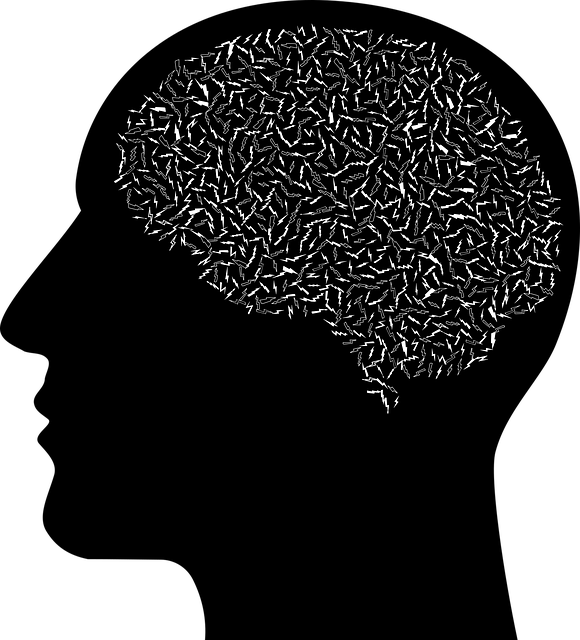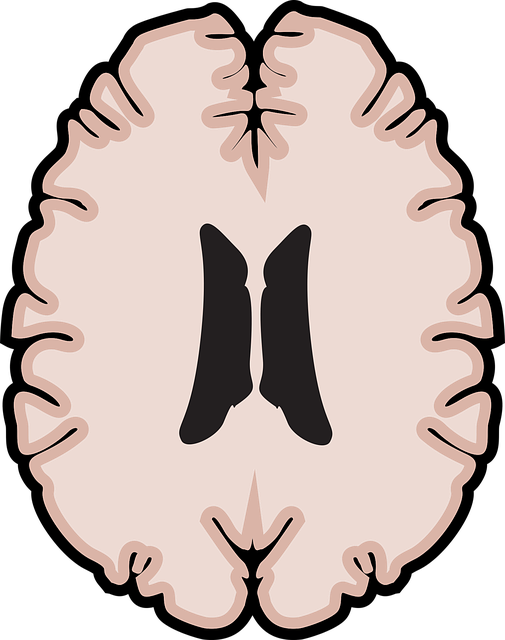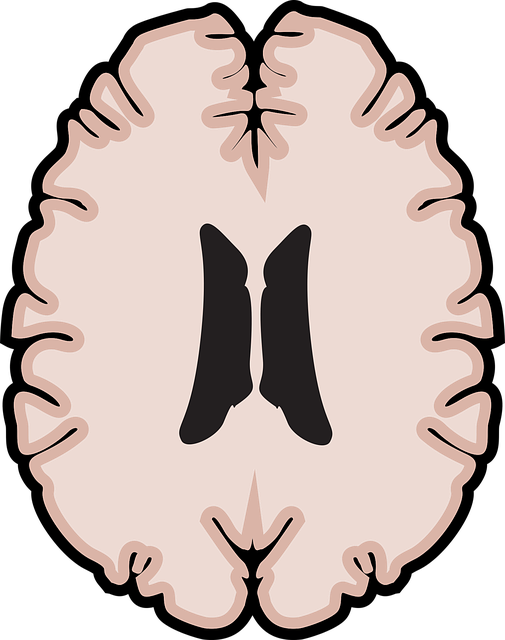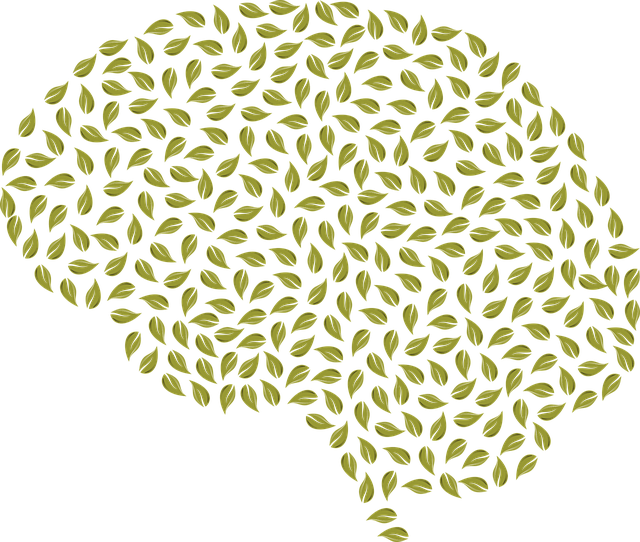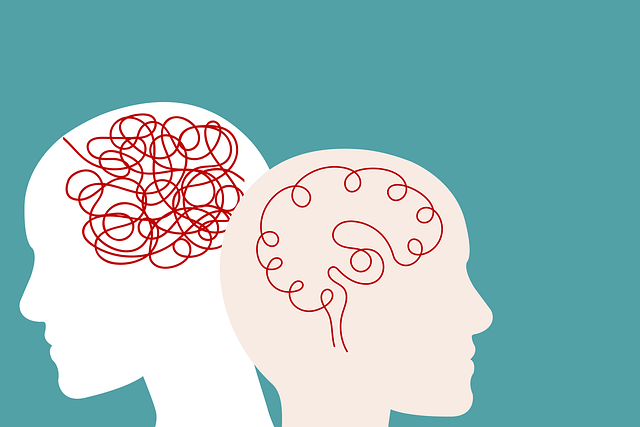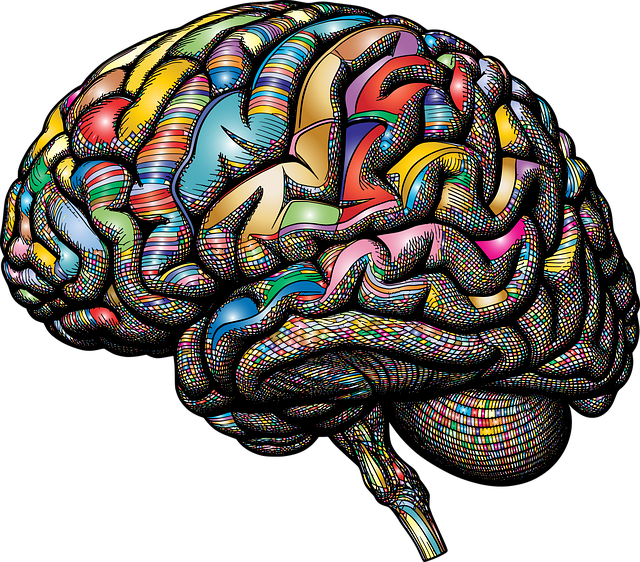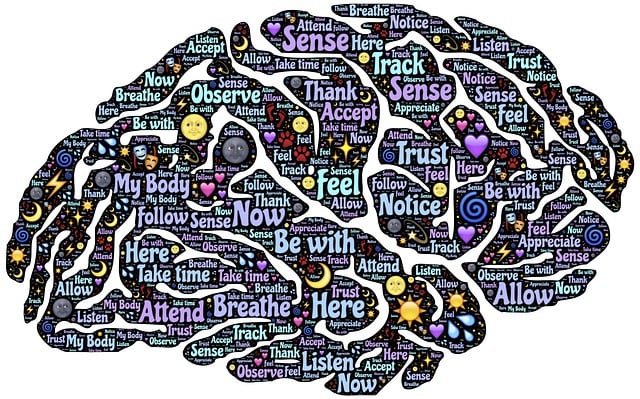Understanding mental health data through various collection methods, including digital platforms and clinical records, is crucial for effective analysis. Preparation involves cleaning and organizing data while identifying biases. Golden EMDR Therapy, a groundbreaking approach to treating PTSD, uses bilateral stimulation to analyze traumatic memories. Therapists interpret emotional shifts, develop personalized coaching programs, and manage risks through meticulous data preparation. By integrating crisis intervention guidance and leveraging Emotional Intelligence, professionals enhance patient care, especially for trauma-related conditions, through tailored treatment plans and ongoing support.
Mental health data analysis is a powerful tool for understanding and improving patient care. This article delves into the intricacies of this process, focusing on two key areas: understanding mental health data through collection and preparation, and exploring the specific analysis techniques of Golden EMDR Therapy. We’ll discuss effective strategies for interpreting results to enhance treatment outcomes, providing valuable insights for healthcare professionals. Discover how Golden EMDR Therapy, a cutting-edge approach, can revolutionize mental health care.
- Understanding Mental Health Data: Collection and Preparation
- Golden EMDR Therapy: A Deep Dive into the Analysis Process
- Interpreting Results: Strategies for Enhancing Patient Care
Understanding Mental Health Data: Collection and Preparation

Understanding Mental Health Data is a crucial first step in any analysis process. Collection methods vary widely depending on the context and purpose. For instance, digital platforms can now capture vast amounts of data through user interactions, providing valuable insights into individual behaviors and emotional trends. In clinical settings, manual records and structured interviews offer qualitative depth, although they may be less extensive than automated data.
Preparation involves cleaning and organizing this data to ensure accuracy and consistency. This process includes identifying missing values, outliers, and potential biases. For Golden EMDR Therapy cases, integrating crisis intervention guidance can enrich the dataset by offering a framework for interpreting sudden shifts in emotional states. Emotional Intelligence skills are also vital during preparation; understanding the nuances of language and non-verbal cues helps professionals interpret data more effectively. Risk management planning for mental health professionals is enhanced through meticulous data preparation, enabling them to anticipate potential risks and implement timely interventions.
Golden EMDR Therapy: A Deep Dive into the Analysis Process

Golden EMDR Therapy offers a unique and powerful approach to analyzing and interpreting mental health data. This therapeutic method, short for Eye Movement Desensitization and Reprocessing, is designed to help individuals process traumatic memories and reduce symptoms associated with post-traumatic stress disorder (PTSD). The analysis process begins with the patient recalling distressing events while simultaneously engaging in bilateral stimulation, typically through side-to-side eye movements. This technique aims to desensitize the individual to the trauma, allowing them to reframe and reinterpret the event(s) in a more adaptive way.
During the analysis, therapists closely monitor the patient’s emotional responses and body language to understand the depth of their distress and any emerging insights. By interpreting these cues, therapists can identify specific cognitive distortions or maladaptive beliefs that contribute to ongoing mental health challenges. This deeper understanding enables the development of tailored Mental Wellness Coaching Programs, which focus on boosting confidence and empowering individuals to manage their mental health proactively. Moreover, public awareness campaigns can be designed to educate people about Golden EMDR Therapy, fostering a broader discussion around mental wellness and encouraging those in need to seek appropriate support.
Interpreting Results: Strategies for Enhancing Patient Care

When analyzing mental health data, interpreting the results accurately is a cornerstone for enhancing patient care. This involves not just identifying trends and patterns but also understanding the context within which these findings exist. For instance, in the realm of Golden EMDR Therapy, data analysis can reveal the effectiveness of this approach in treating specific conditions like trauma or stress-related disorders. By interpreting these results, therapists can tailor interventions to individual needs, ensuring that treatment plans are both efficient and patient-centric.
In light of this, leveraging the insights from mental health data requires a multi-faceted strategy. Incorporating elements from Mental Wellness Podcast Series Production—such as clear communication and storytelling—can help patients understand their progress and engage more actively in their care. Furthermore, integrating Stress Management techniques into treatment plans can empower individuals to better cope with challenges outside of therapy sessions. Similarly, developing Mental Wellness Coaching Programs can provide ongoing support, fostering sustained mental wellness over time.
Mental health data analysis is a complex yet crucial process, and the article has provided valuable insights into navigating this landscape. From understanding data collection and preparation to exploring the intricacies of Golden EMDR Therapy and interpreting results, each section highlights the importance of thorough evaluation for enhancing patient care. By adopting effective strategies and utilizing innovative techniques like Golden EMDR, mental health professionals can significantly improve outcomes and provide personalized treatment plans. This comprehensive guide serves as a valuable resource, empowering practitioners to delve deeper into data analysis and, ultimately, revolutionize patient support.
